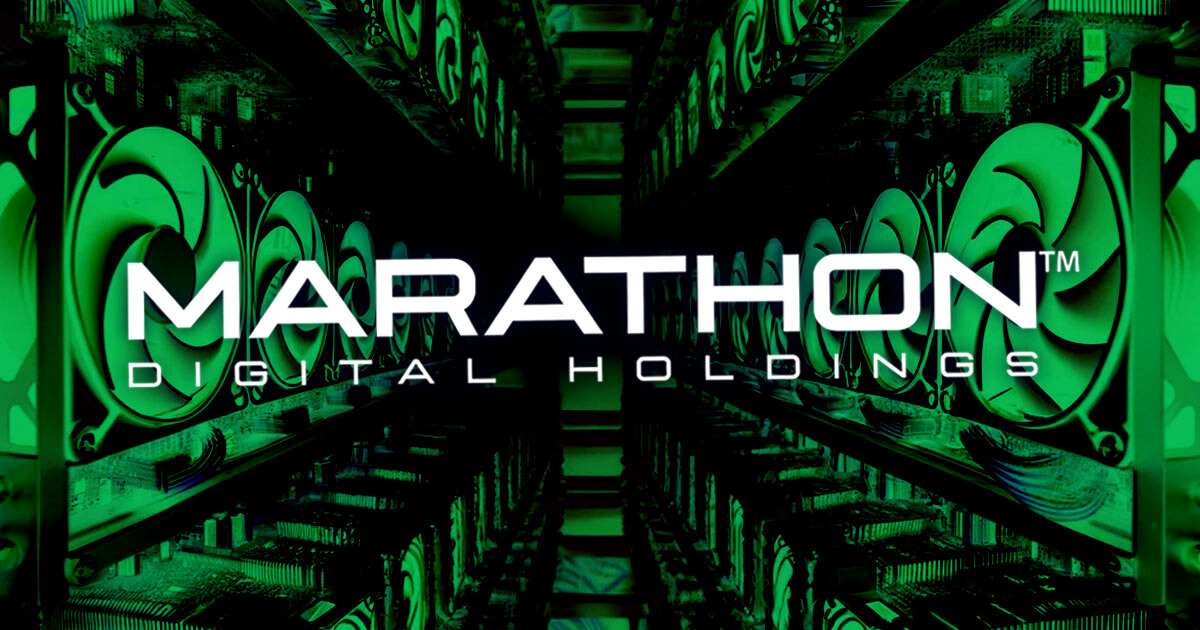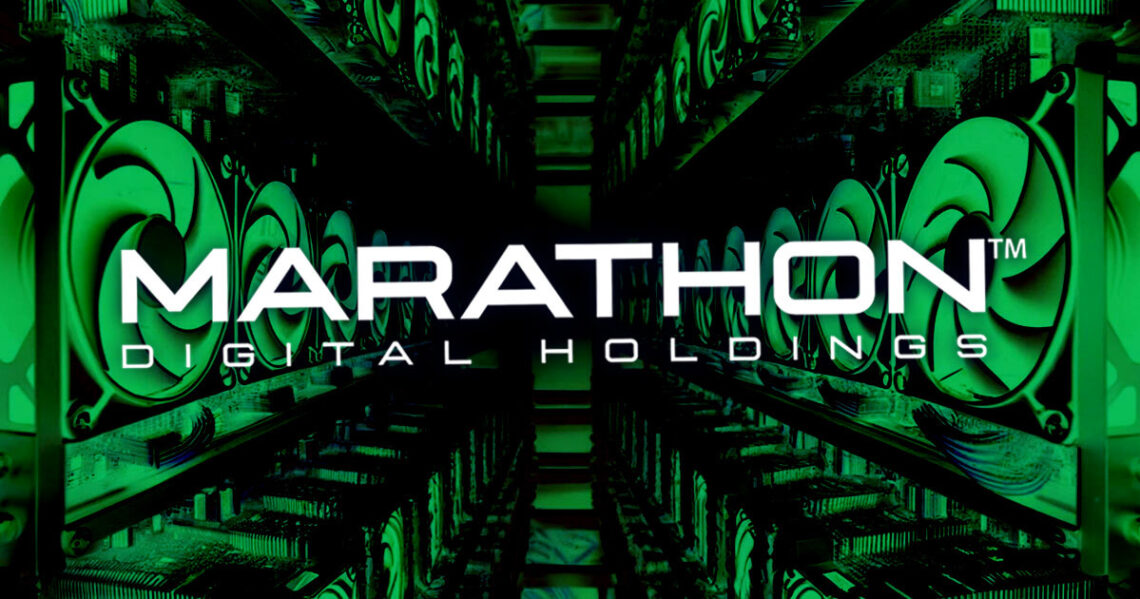
Bitcoin miner Marathon Digital is diversifying its revenue by mining Kaspa, a proof-of-work (PoW) layer 1 blockchain network.
The miner said it became interested in Kaspa in May 2023 when its internal analysis revealed diversifying opportunities beyond Bitcoin mining. The company deployed its first Kaspa mining machine in September 2023.
Since then, Marathon Digital has mined 93 million KAS tokens, worth about $15 million as of June 25.
Following this announcement, KAS, the native asset of the Kaspa network, surged by 9% to a multi-week high of $0.18.
Why Kaspa?
Marathon Digital said it selected Kaspa due to its fair launch, advanced technology, growing ecosystem, and high profitability (enhanced $/kWh). Additionally, it noted that Kaspa integrates well with its existing data center sites, requiring minimal reconfiguration.
The company further highlighted that the Kaspa network processes one block per second. This rapid transaction speed potentially allows miners to earn more block rewards within a given timeframe.
This increased profitability opportunity enhances its operational flexibility and allows it to establish digital asset data centers in locations where Bitcoin mining may not be viable.
Adam Swick, Marathon’s chief growth officer, added:
“By mining Kaspa, we are able to create a stream of revenue that is diversified from Bitcoin, and that is directly tied to our core competencies in digital asset compute.”
Marathon eyes 16% of Kaspa’s global hash rate
Marathon Digital aims to dominate Kaspa’s mining industry. The miner revealed the purchase of 60 petahashes of KS3, KS5, and KS5 Pro ASICs from Bitmain, which will boost its Kaspa generation.
The company highlighted that Kaspa ASICs are among the most profitable on the market. A KS5 Pro can generate approximately $79 daily profit, compared to $11 from a BTC-mining S21.
These Kaspa ASICs will be deployed in Marathon’s Texas facilities. While the project is not yet fully operational, it is expected to be fully energized by Q3 2024.
Once deployed, the machines will account for about 16% of Kaspa’s global hash rate. Although this is significant within Kaspa’s ecosystem, it represents only 1% of Marathon’s 1,100 MW data center portfolio.



